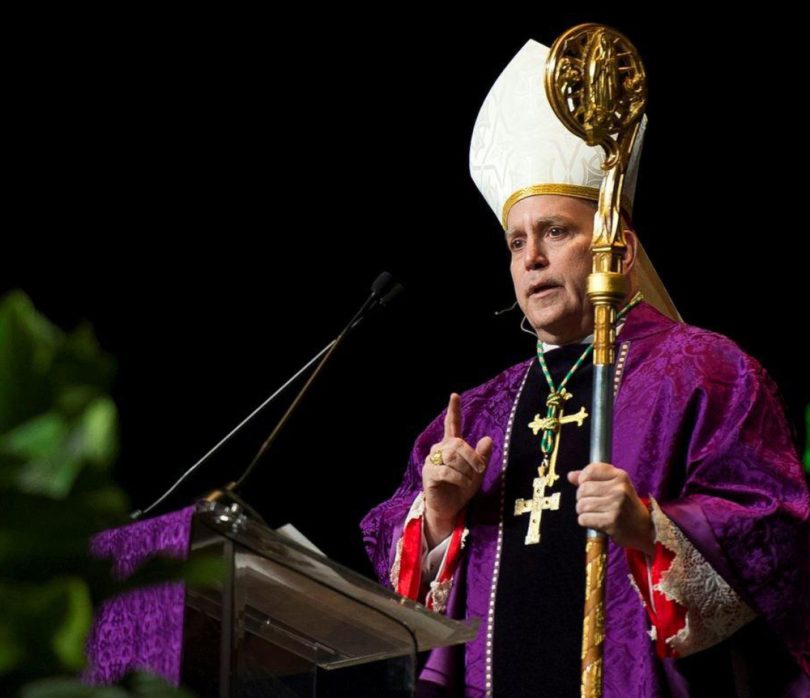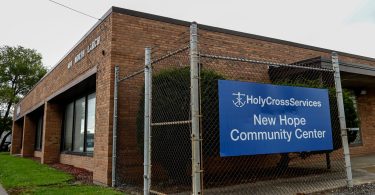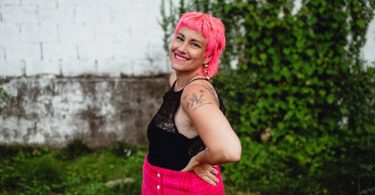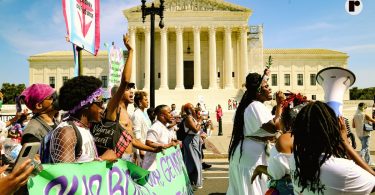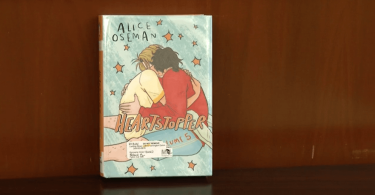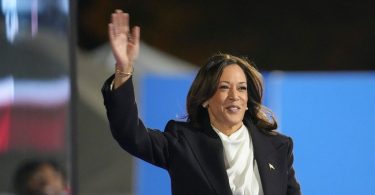
Archbishop Samuel Aquila
After a federal judge denied Catholic schools in Colorado the right to discriminate on the basis of sexual orientation and gender identity, the schools having filed an appeal, prompting LGBTQ+ advocates and educators to become more outspoken.
St. Mary Catholic Virtue School, Littleton, and Wellspring Catholic Academy of St. Bernadette, Lakewood, are at the center of the lawsuit supported by Archbishop Samuel Aquila and the Archdiocese of Denver. The plaintiffs are seeking an exemption to non-discrimination requirements for participation in a state-funded preschool program. Federal Judge John L. Kane ruled in favor of the state, arguing, “The purpose of the [non-discrimination] requirement is not to invade religious freedom but to further the implementation of a strongly embraced public value.”
The Catholic preschools’ recent appeal may end up before the U.S. Supreme Court. Katie Eyer, a law professor at Rutgers University, told ChalkBeat Colorado:
“‘There are so many of these cases that are currently working their way up through the courts…Whether this particular one lands on [the Supreme Court] docket remains to be seen, but it is certainly the type of case that they’ve shown quite a lot of interest in in recent years.’”
This appeal, and similar lawsuits, could have wider consequences for religious institutions’ adherence to non-discrimination policies. Robert Shine, associate director of New Ways Ministry, told Chalkbeat Colorado that this case is a standard playbook by the Catholic right wing to want government to fund ministries but without any constraints:
“‘In a sense, church leaders want to have their cake and eat it too. . .They want public funding because in most cases the church cannot sustain a lot of its educational or charitable efforts now, so they need the government money, but they don’t want any of the conditions that come with [it].’”
Scott Skinner-Thompson, a law professor at the University of Colorado Boulder, weighed in on the Colorado case and reiterated the state’s right to apply non-discrimination requirements for the allocation of state funding: “[Kane] makes absolutely clear that it is constitutional and unproblematic for states and local governments to apply LGBTQ non-discrimination provisions to recipients of state funds.”
Brittany, a Colorado mother with a 7-year-old transgender daughter who chose to remain anonymous, said of Kane’s ruling:
“‘We were really happy that the ultimate ruling that came out was that you can’t discriminate against our community…That just felt really, really nice to hear, even though we kind of think it shouldn’t have been an argument to begin with.’”
Brittany and her husband report that the teachers and students at their daughter’s school were supportive when she came out as trans, as were her Catholic grandparents. “Specifically because of their faith, we weren’t sure what their reaction was going to be,” Brittany said. “They just told us that they love her no matter what and have been champions for her and other kids like her.”
Along with lawyers and LGBTQ+ advocates, religious scholars have also weighed in on the conversation sparked by this case. Part of the preschools’ arguments against enrolling children from LGBTQ+ families was a fear of confusing children. But Amanda Henderson, director of the Institute for Religion, Politics & Culture at Iliff School of Theology in Denver, and Ish Ruiz, assistant professor of theology at Pacific School of Religion, have both argued that contradictory perspectives will not be avoided by denying certain children access to the schools. Queer people and their families exist in all areas of society and cannot simply be avoided.
“Let families navigate that on their own,” Henderson said. “LGBTQ families have been navigating a culture that was counter to their family for a long, long time.”
Ruiz argues, “The church is not a monolith.” Henderson also acknowledged that Catholics have a great diversity of beliefs: “It becomes really difficult when a specific court is defining … what a religious belief is or whose religious belief is prioritized over others.”
For parents like Brittany, as well as Beth Mueller Stewart and her husband Dan Stewart—whose open letter to Denver’s Archbishop Samuel Aquila urged a more compassionate stance towards LGBTQ individuals—the ongoing lawsuit sparks questions of whether Catholic schools are safe and welcoming environments to send their children. “It’s so upsetting that there’s so much hate for our kids,” Brittany said. “These kids are just kids. They don’t have a political agenda.”
For now, advocates hope that the courts continue to maintain that no institution has a right to discriminate or turn a child away—a stance that the Gospel would certainly affirm.
—Phoebe Carstens (they/them), New Ways Ministry, November 2, 2024

